Recently, the situation in Afghanistan has suddenly become the focus of the world. To discuss the current situation and future of Afghanistan and help build a community with a shared future for mankind, School of Journalism and Communication, Renmin University of China, held the 38th In-depth Research Conference of Academic Discourse Innovation System of Journalism and Communication on the afternoon of Oct. 10th, under the theme of “Opportunities for Afghanistan’s Construction and Empowering a Community with a Shared Future for Mankind”. The conference is divided into four thematic speeches: “Foreign Policy”, “Scholar’s View”, “Journalist Observation” and “Report on Public Opinion”.
At the meeting, diplomats, experts, and scholars in the fields of journalism and communication, international relations, history, and culture, together with journalists who have been to Afghanistan for interviewing and reporting, jointly discussed the internal situation in Afghanistan, international relations, and China’s concerns and visions under the value of building a community with a shared future for mankind.
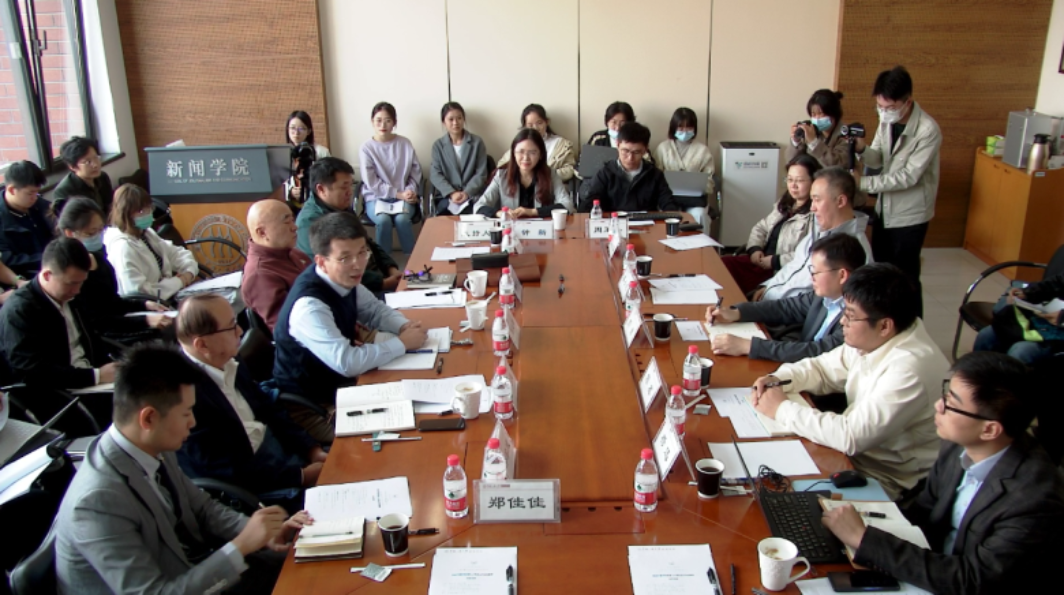
Prof. Zhou Yong, executive dean of School of Journalism and Communication, Renmin University of China (SJC), also dean of Institute of National Governance and Public Opinion Ecology, Renmin University of China (RUC), delivered a welcome speech. He said that In-depth Research Conference is a small-scale academic conference brand created after the school was selected into the National Double First-class Construction list in 2017, to invite experts to discuss an important issue in depth without limitation of time or form, such as the important and complex issue of Afghanistan. Leaders and experts from academia, industry, and government departments all participated in the conference.
Zhou introduced the background of the establishment of Institute of National Governance and Public Opinion Ecology, RUC. SJC has a profound historical heritage, and the development of the discipline has always been deeply bound to the fate of the country and society, according to Zhang. When the epidemic and public opinion superimposed a strong impact on the Chinese society and the international community in 2020, the institute was founded by SJC with the support of RUC, hoping to make better use of the advantages of this discipline to make more contributions to both the national and international society.
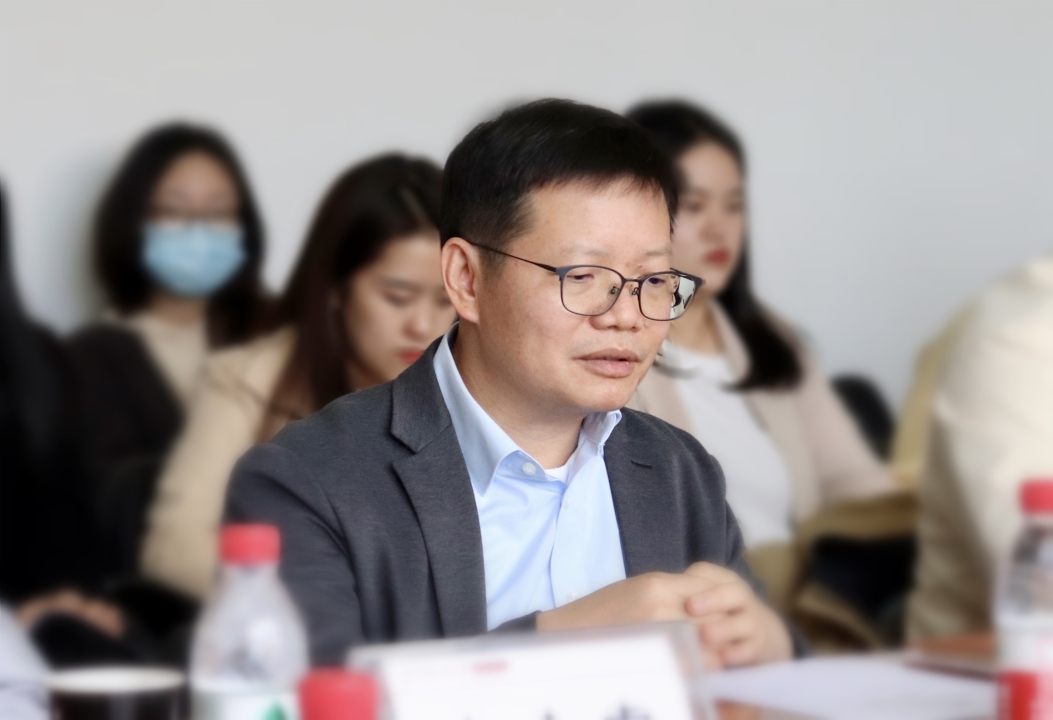
Zhong Xin, professor of SJC, also vice-dean of Institute of Public Diplomacy, RUC, organized the conference and presided over the conference. Zhong said that people all over the world are paying close attention to the fate of the Afghan people recently; that China, as a responsible and civilized great country in the East, needs to comprehensively analyze how to boost Afghanistan’s peaceful and stable development from the perspectives of history and culture, international relations, international communication as well as public diplomacy, so that the values of a community with a shared future for mankind could be put into practice; and that she is honored to invite well-known experts in related fields, diplomats and journalists with experience in Afghanistan to have an in-depth conversation at the conference.
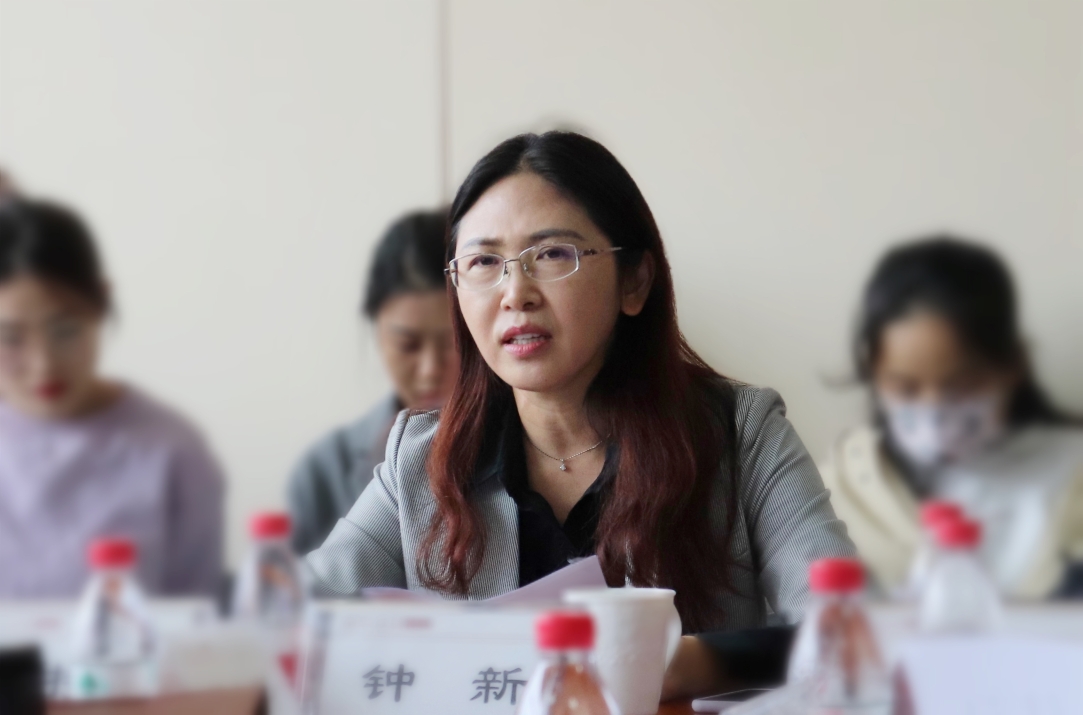
Zhang Zhixin, Counselor and Director of the Department of Information and Public Diplomacy, Department of Asian Affairs, Ministry of Foreign Affairs, delivered a speech under the theme - Foreign Policy. Starting from Si-Yu-Ki: Buddhist Records of the Western World and Engels’ Afghanistan, 1857, Zhang expounded China’s policy towards Afghanistan after the change in Afghanistan, analyzed various internal and external relations that influence the development of Afghanistan, and emphasized a series of problems that need to be dealt with. According to Zhang, China expects Afghanistan to establish an open and inclusive government, pursue moderate and prudent domestic and foreign policies, completely break away from terrorist organizations and establish and develop good relations with other, especially neighboring, countries.

Prof. Li Shaoxian, dean of School of Arabic Studies, Ningxia University, also dean of China Institute of Arabic States Studies, Ningxia University, spoke first under the theme - Scholar’s View. Li analyzed the issues in Afghanistan from the following perspectives - the meanings of positive changes of the situation in Afghanistan towards Afghan’s independence, opportunities, and challenges to China, how to correctly understand Taliban and the situation in Afghanistan, how to work together with the international community to provide humanitarian support for Afghanistan, sharing China’s experience of development with Afghanistan, and promoting the steady development of Afghanistan.
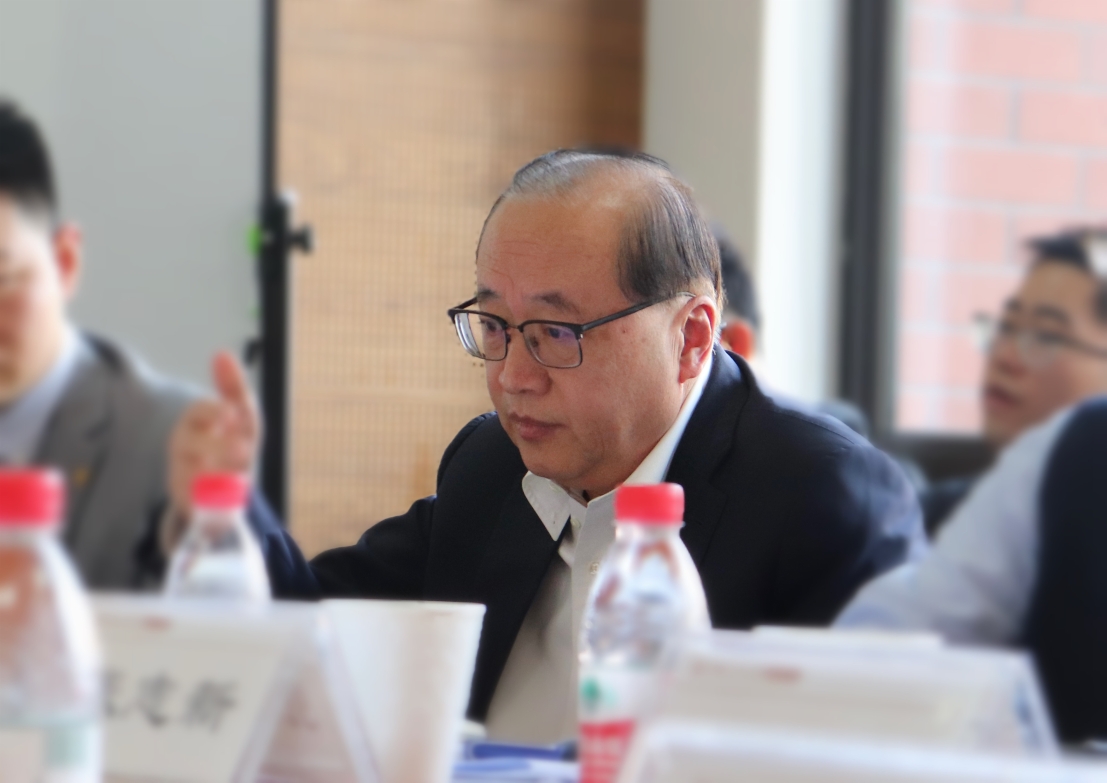
Li Xiguang, professor of School of Journalism and Communication, Tsinghua University, also director of Tsinghua University International Center for Communication and director of Tsinghua University Center for Pakistan Cultural and Communication delivered a speech with the theme “Now or Never: The right narrative about the Taliban in Afghanistan”. He thinks it’s a necessity to gain first-hand information, such as speeches and Twitter accounts of Taliban, to truly understand Taliban and avoid being affected by Western media’s opinions. Taliban has been fighting different countries for decades and now needs to learn how to govern the country, under which circumstance, China can share its development experience with Taliban and promote exchanges and mutual understanding between the Chinese and Afghan people, according to Li.
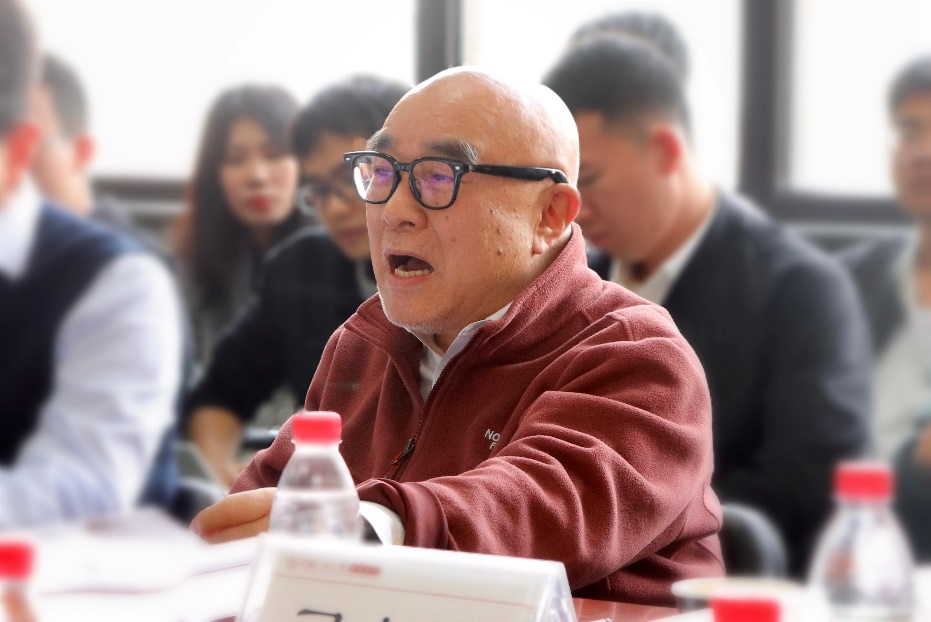
Zhai Kun, professor of School of International Studies, Peking University, also vice-dean of Institute of Regional and Country-specific Studies, Peking University, held the opinion that the situation in Afghanistan provides an opportunity to spread the values of a community with a shared future for mankind and put them into practice since peace and stability in Afghanistan meets the expectations of the region and the world. Zhai said that China’s international media should emphasize the vision and support for the restoration of order in Afghanistan and that all countries should support the peaceful and stable development of Afghanistan; meanwhile, Chinese media should report the issues of Afghan in line with China’s image as a major country, and avoid being led by Western media on some specific topics.
Diao Daming, vice professor of School of International Studies, also vice director of Global Public Diplomacy Research Center, National Academy of Development and Strategy, RUC, shared his opinion concerning the withdrawal of US troops from Afghanistan, the current state of China-US relations, and the space for future China-US cooperation. He said that the withdrawal of U.S. troops does not mean the withdrawal of the presence and influence of the U.S. in Afghanistan, in which case, China’s relationship with Afghanistan cannot be viewed without considering the U.S. He believes that China can actively cooperate with the U.S. to take its role as a responsible country on issues where there is broad international consensus, such as preventing the spread of terrorism.
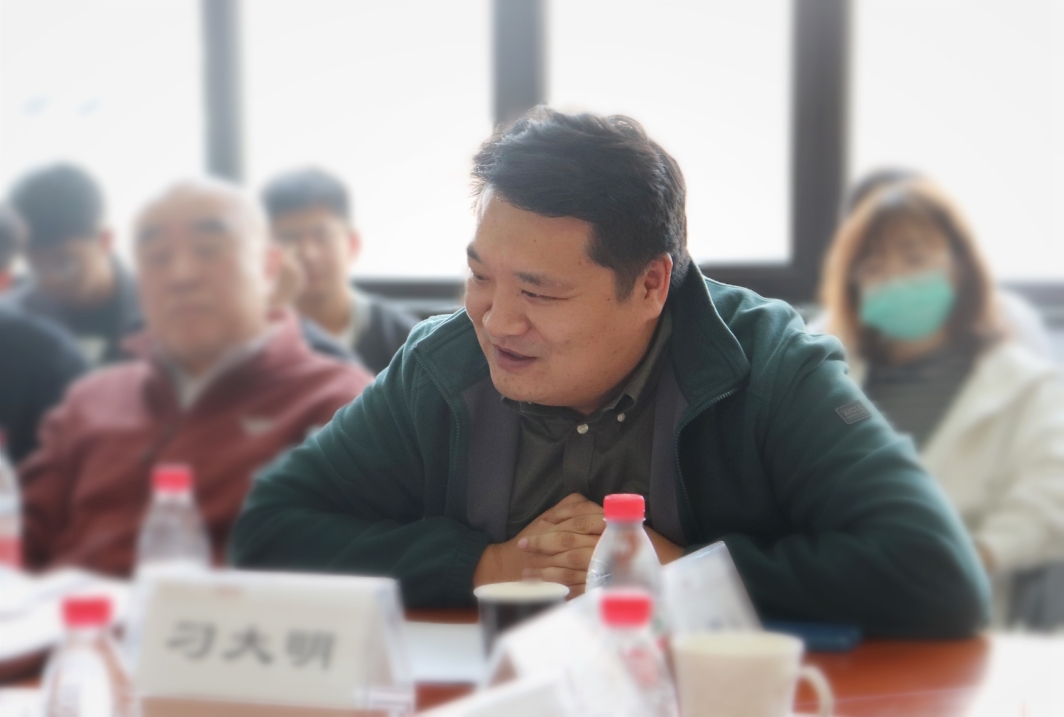
Shao Xuecheng, Doctor of Cultural Heritage and Fine Art Archaeology, Central Academy of Fine Arts, also Distinguished Researcher of Institute of Buddhist Art, RUC, and distinguished Researcher of CAMLab, Harvard University, believes that China and Afghanistan are connected in terms of civilization, and the biggest threat to Afghanistan’s cultural heritage is terrorism, based on his archaeological experience in Afghanistan. He displayed rare images of cultural sites from his archaeological work in Afghanistan, as well as 3D reconstructions of ancient sites. When the land of civilization becomes the land of terrorism, the contrast is quite shocking. There is a meaningful part for technology to play. 3D restoration of historic sites and the creation of digital museums are important ways for cultural heritage to reproduce ancient glory, according to Shao. Furthermore, he also hopes to protect Afghanistan’s precious cultural heritage through digital scanning, 3D reconstruction, and other methods in the spirit of internationalism and humanitarianism through his own and his team’s efforts.
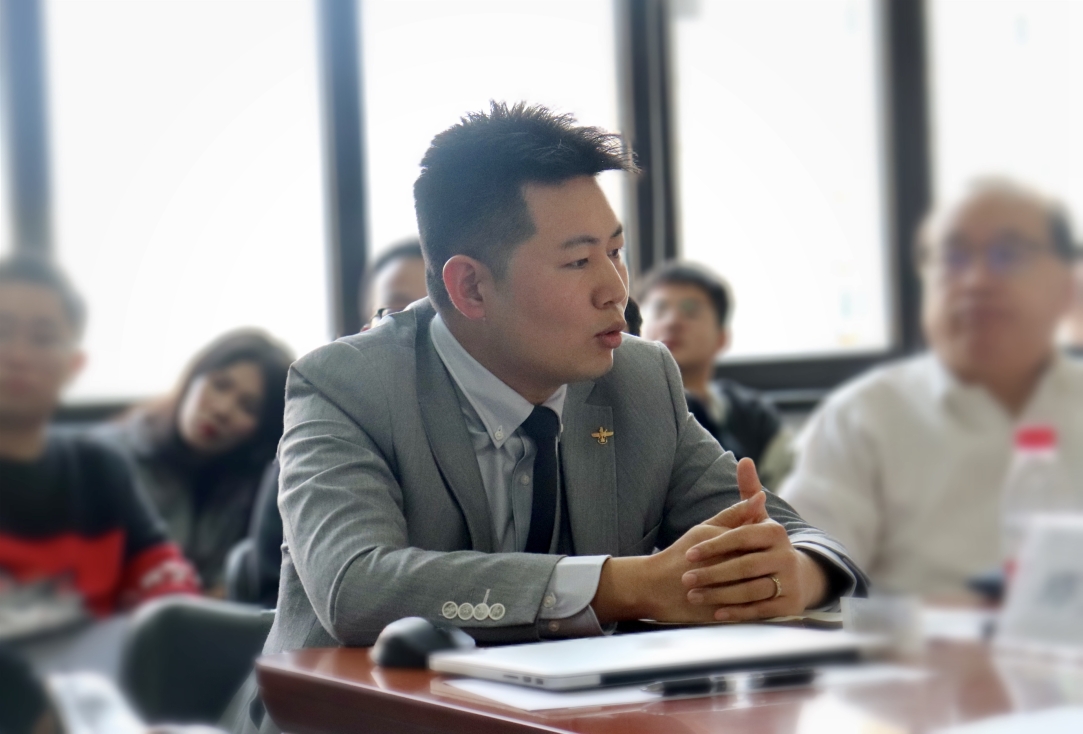
When the conference came to the “Journalist Observation” Part, Qin Xiaohu, the first reporter of CCTV in Kabul and editor-in-chief of CGTN New Media Department, spoke first. Based on his reporting experience in Afghanistan and his continuous attention to the country, Qin analyzed the differences between Afghan elites and ordinary people in terms of their views on the U.S., Afghan culture, and other issues. Considering the news about Afghanistan mostly revolves around air raids and explosions, he thinks that the media should report Afghanistan from more angles. He also shared CGTN’s recent reports on Afghanistan which got local reporters involved and had exclusive and high-end sources.
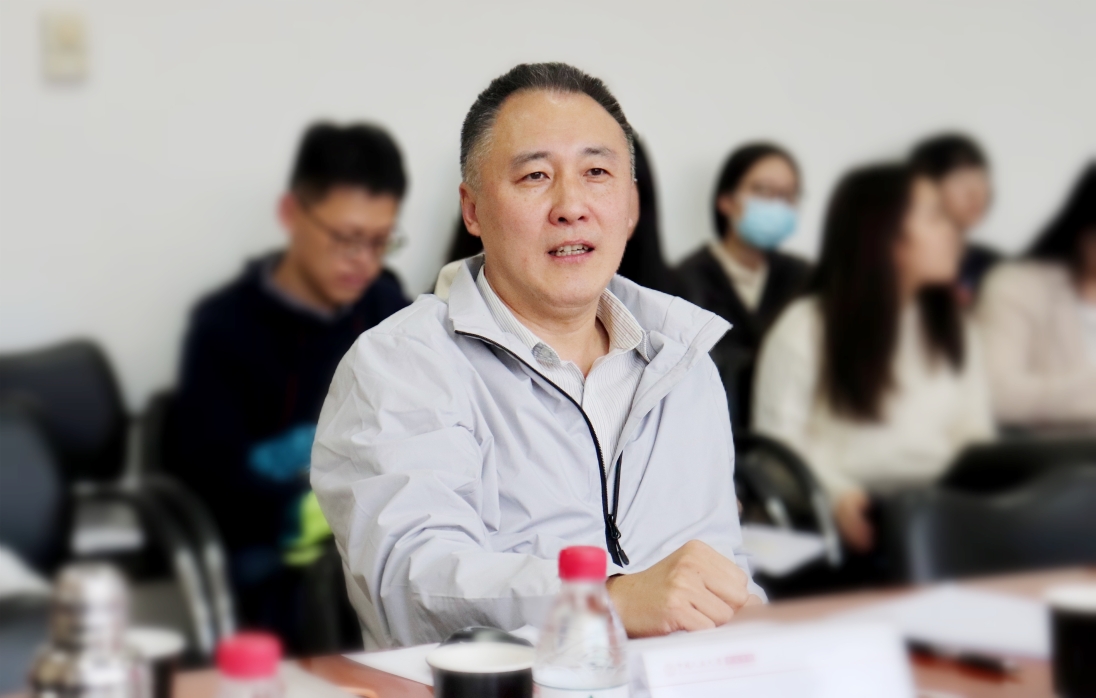
Chen Xin, former chief reporter of Kabul Branch of Xinhua News Agency and editor of political affairs office of Reference News, returned to China earlier this year after reporting for the second time in Afghanistan. He introduced the history of Xinhua’s establishment of a bureau in Afghanistan in 1956, described the plight of Kabul’s people and the poor infrastructure of Afghanistan during his stay there. He also mentioned that the multi-field cooperation between China and Afghanistan was affected by the war, and he put forward suggestions on strengthening China-Afghanistan cooperation in the fields such as media and culture.
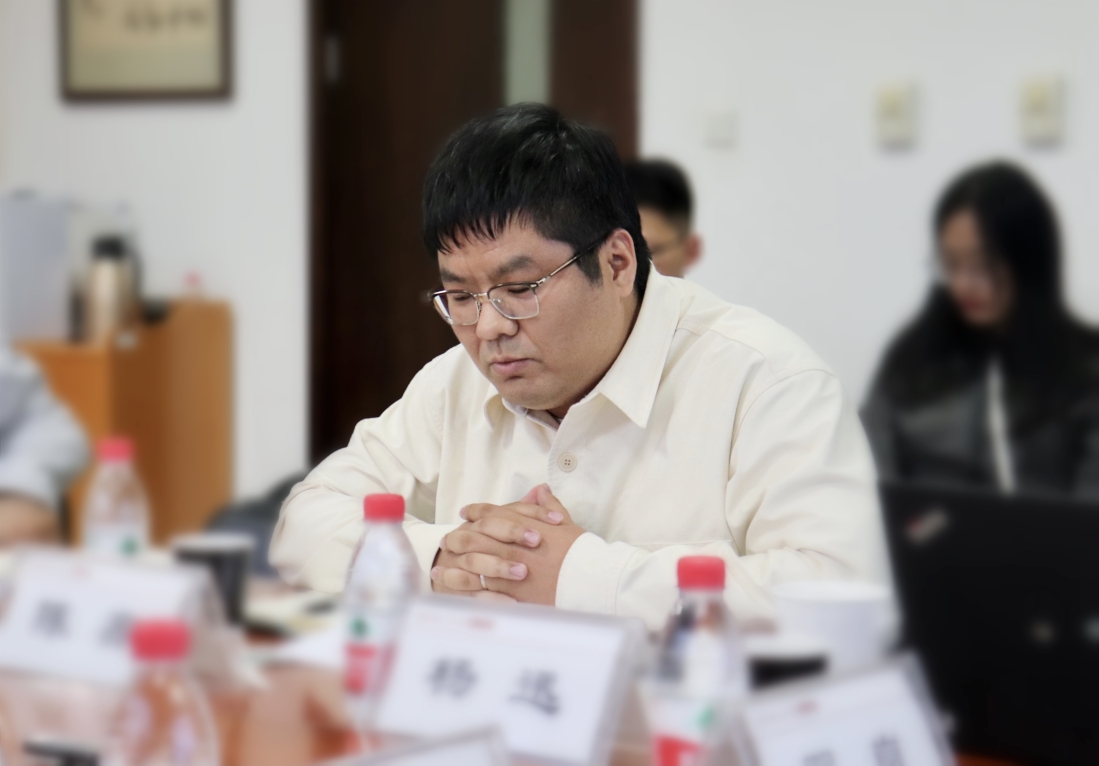
Yang Xun, reporter of International Department, People’s Daily, also former chief correspondent in Pakistan, shared some first-handed information reflecting Afghan people’s daily life and introduced the cultural and people-to-people exchanges between China and Afghanistan as well as China’s assistance to Afghanistan. He believes that if China’s advantages in capital, technology, and market can be combined with Afghanistan’s advantages in resources and transportation location, bilateral economic and trade cooperation would be hugely boosted. As a former journalist based in Pakistan, he stressed that Pakistan plays an important role in the Afghan issue. The two countries both have a long history, and in the meantime Pakistan has played a positive role in hosting Afghan refugees, actively participating in multilateral mechanisms, and promoting peace talks, according to Yang.
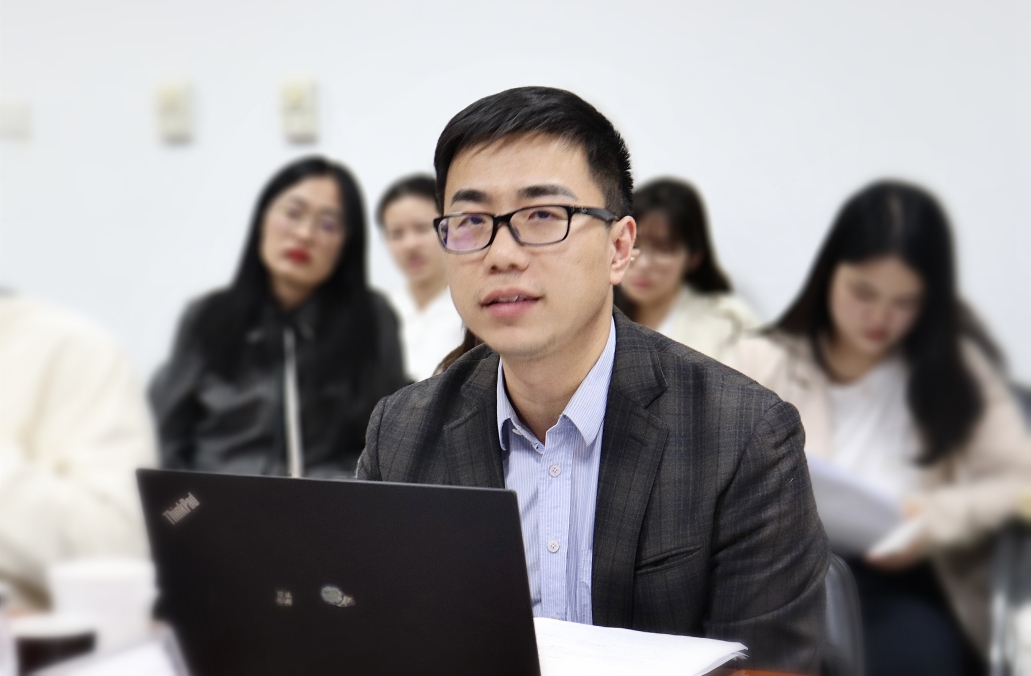
Later, Zhong Xin, Zhang Di, and Zhou Yushu, three staff members of SJC, jointly gave a report entitled “Public Opinion Analysis in the Changing Period of Afghanistan”.

Prof. Zhang Di, dean of the Department of International Journalism and Communication, introduced the object, problem, and method of the research, which focuses on the following five aspects: 1) public opinion’s attribution to Afghanistan’s defeat; 2) public opinion’s expectations and concerns about Afghanistan’s future; 3) public opinion of China’s role in the fate of Afghanistan; 4) public opinion of the West’s role in the fate of Afghanistan; 5) public opinion of Taliban. The research team collected and analyzed more than 110,000 pieces of Western media reports, more than 160,000 pieces of Chinese media reports, and more than 2,000 pieces of Chinese media reports during the most turbulent period of Afghanistan’s changes (July 8 to September 30) through the Wenhai database of Zhongke Wenge.

Zhou Yushu, lecturer of SJC, also secretary-general of the Institute of National Governance and Public Opinion Ecology, RUC, shared the results of the team’s analysis. He pointed out that there is a big difference in the attribution of the situation in Afghanistan between Chinese and Western media. Western media usually believes that the strategic decision-making failure of the Biden administration and the misjudgment of the US intelligence agencies constitute the main reasons for the failure of Afghanistan; whereas Chinese media focus on the wanton interference and aggression of the United States into sovereign countries, as well as the corruption and incompetence of the Ghani government. It is worth mentioning that the research team specially analyzed the opinions and attitudes of 24 Afghan media outlets.
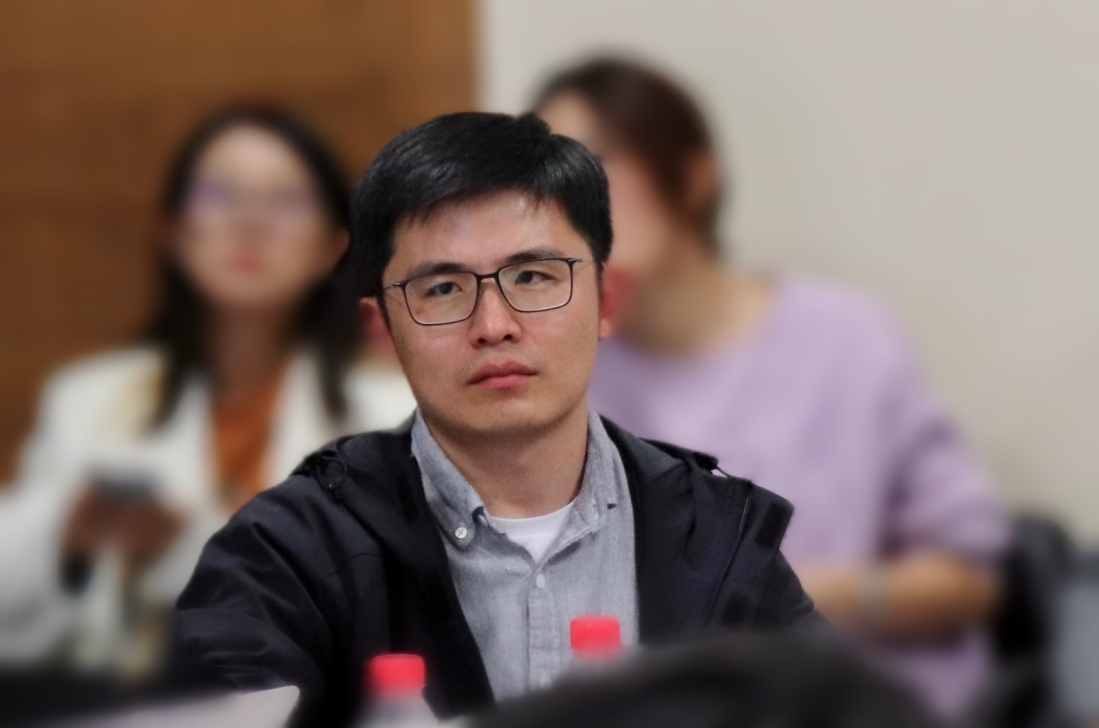
Prof. Zhong Xin, based on the commonalities and differences of public opinion among the three public opinion fields of Western media, Chinese media, and Afghan media, looked forward to the international cooperation that China can promote by adhering to the values of a community with a shared future for mankind in helping Afghanistan in fields like humanitarian crises and antiterrorism. According to Zhong, China can gradually boost exchanges and cooperation between China and Afghanistan in various fields, help Afghanistan’s construction with a pragmatic spirit, and strengthen China’s international image as a “builder”.
Finally, Li Shaoxian and Zhou Yong made a summary of the meeting respectively. Li emphasized that it is in the interest of the international community to help Afghanistan tide over the difficult times. Zhou proposed that such interdisciplinary and cross-border exchanges of opinions can broaden the cognitive scope of the journalism and communication discipline and inspire a lot of academic research in this field.
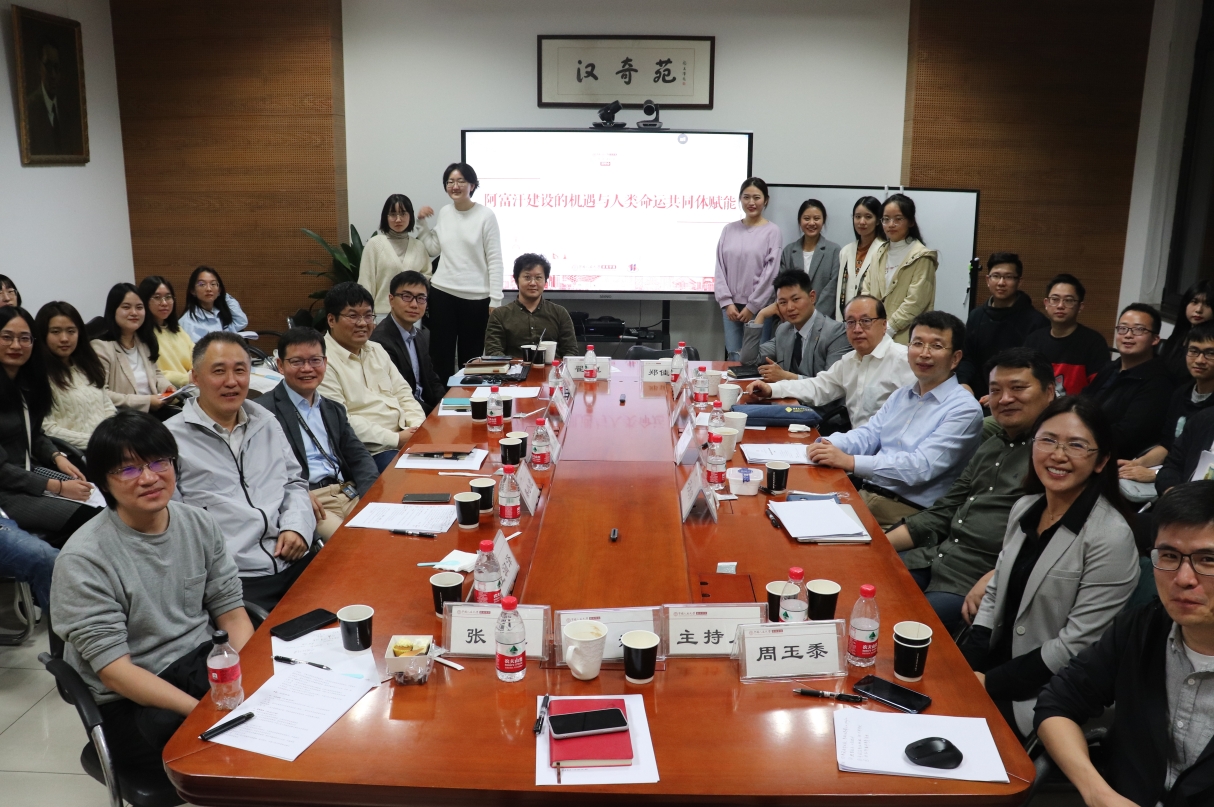
This in-depth research conference was jointly held by the SJC and the Research Center for Journalism and Social Development, RUC, and was organized by the Department of International Journalism and Communication, RUC.
In-depth Research Conference of Academic Discourse Innovation System of Journalism and Communication is one of the “Double First-Class Construction” scientific research projects in the journalism and communication discipline of Renmin University of China, aiming to gather leading experts’ collective wisdom to solve key problems in the development of journalism, communication, education, and academia. It is expected that through the discussion of each specific issue, the reform and innovation of teaching and research in a certain field will be driven. Since 2018, SJC has continued to launch a series of small-scale in-depth seminars, with each one focusing on a specific theme and experts of all fields to have in-depth exchanges of views.
Author: He Jingwei, Guan Yilun, Lin Qianyu, Shao Yucheng, Zou Rui
Photo by Jia Yaxin
Editor: Wen Yingying, Zhang Ying,Wang Daosheng
Tutor: Zhong Xin, Sun Quan
Translator: Shao Yucheng



